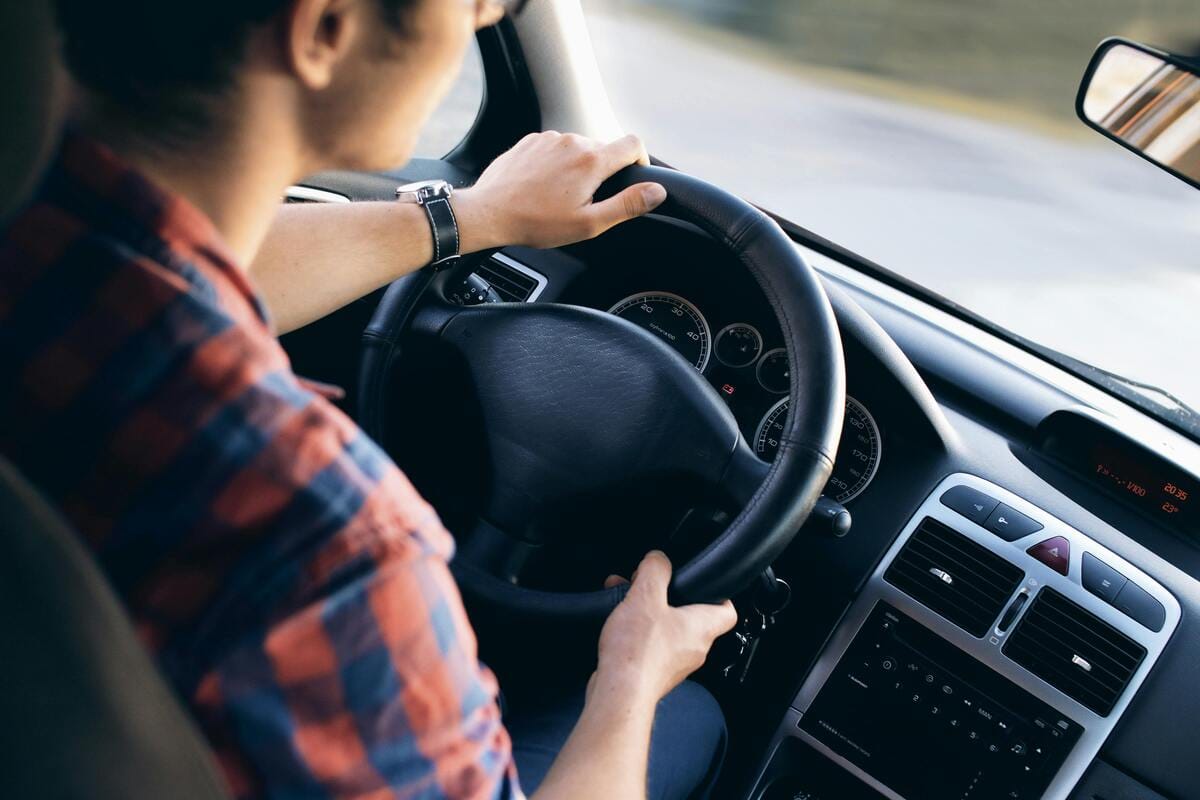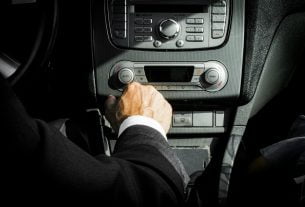Technology makes life easier. But sometimes, it also takes more than we realize. Telematics is a great example. It helps track cars, improve safety, and even lower insurance costs. But there’s a dark side. Is your car spying on you?
The Dark Side of Telematics: Is Your Car Spying on You?
What Is Telematics?
Telematics is the technology that collects data from your car. It tracks location, speed, braking, fuel use, and even how you drive. Many modern cars come with built-in telematics systems. Others use plug-in devices or mobile apps. Insurance companies love telematics. It helps them set prices based on driving habits. Fleet managers use it to monitor vehicles. But what happens to all this data?
Yet, The Dark Side of Telematics: Is Your Car Spying on You? is a real worry. The same data that helps can also hurt you if it falls into the wrong hands. When your car sends its data, you may not know who sees it. This leads to many questions about your privacy.
Who Sees Your Car Data?
Your car data can be seen by many different groups. First, the car maker collects this data. They need it to improve how cars work. They can use it to fix problems or add new features. But sometimes, they may also share this data with other companies. Next, insurance companies use telematics data to learn how well you drive. They check how fast you go or how hard you brake. This helps them set your insurance rate. A good driver can save money. But a small mistake can make your rate go up.
Some companies also use your car data for marketing. They may send you ads based on your driving habits. This means that every trip you take might help create a profile about you. In the end, you lose some control over your own information.
The Privacy Concerns
Many people are uneasy about these practices. They worry about how safe their information is. Imagine if someone you do not know could see your driving habits. This is not just a simple case of a car tracking your route. It feels like a window into your personal life.
- Location Tracking: Your car knows where you go. It records every stop and start. This can reveal your daily routine.
- Driving Habits: The system watches how you drive. It checks for sudden stops or fast speeds. This data can be used to judge your behavior on the road.
- Data Sharing: Often, you do not get a clear answer on who gets your data. Some companies share your information with third parties without clear permission.
When you hear, The Dark Side of Telematics: Is Your Car Spying on You? many worries come to mind. There is a trade-off between the benefits of technology and the risk to your privacy.
How It Affects You
Many drivers enjoy the benefits of telematics. They get lower insurance rates and quick help in an emergency. But there is a price to pay. With every trip, your habits and movements are recorded. You might not notice it at first. But over time, a detailed picture of your life is built up.
For example, if you always drive to the same places, someone could guess where you live or work. This can be a problem if the information is misused. Imagine if a hacker gets hold of your driving data. They might know when you are not at home. This can be dangerous.
Another issue is that data can be used to change your insurance rates. If you make a mistake once, your rate might go up even if you are a careful driver. This can feel unfair. It is a hard balance to keep your good record while dealing with constant tracking.
How to Protect Your Privacy
If you worry about The Dark Side of Telematics: Is Your Car Spying on You?, there are some steps you can take. First, read the privacy policy that comes with your car or device. Look for details about who gets your data and how it is used. Clear answers mean you know what to expect.
Second, check your car settings. Many cars let you turn off some of the tracking features. This may limit how much data is collected. Even a small step can make a difference. Third, choose your insurance plan carefully. If you use telematics for a discount, make sure you understand the rules. Ask if you can limit what data is shared. It might be worth paying a little more for peace of mind.
Finally, be careful with car-related apps. Only download apps from trusted sources. Read the app’s privacy settings and adjust them if needed. Simple choices can help keep your information safe.
What You Can Do if You Suspect Misuse
If you feel that your data is being misused, there are ways to act. You can contact your car manufacturer or insurance company to ask questions. If you are not satisfied with the answers, you can look for help from a consumer protection group. They can guide you on what to do next.
In some places, laws protect your personal data. Check if there are local rules that give you rights over your information. This may help stop companies from sharing your data without your permission.
The Future of Telematics
Many people wonder if things will change. Companies say that they want to protect your privacy. They promise to be clear about how data is used. Over time, laws may force companies to be more careful with your information.
However, even with promises and new rules, you should stay informed. Look for news and updates about telematics and privacy. Your choices today can affect your safety tomorrow. The technology will continue to grow. It is up to you to decide how much you trust it.
Final Thoughts
Telematics can be a handy tool. It helps lower insurance costs and can improve car safety. But it also brings risks. The Dark Side of Telematics: Is Your Car Spying on You? is a real question. Your car may know more about you than you think.
Take simple steps to protect your privacy. Read the fine print, check your car settings, and choose your insurance carefully. Always be aware of what data is being collected. With these small changes, you can enjoy the benefits of technology without giving up your privacy.
Remember, your car should help you. It should not become a spy. Be smart about your data and always stay in control. Do not let the convenience of telematics make you forget about your rights.
Thank you for reading this article. It is important to stay informed and be cautious. Let your voice be heard about privacy and the future of connected cars. Your car should work for you, not against you. Enjoy the ride, but keep an eye on your data.





